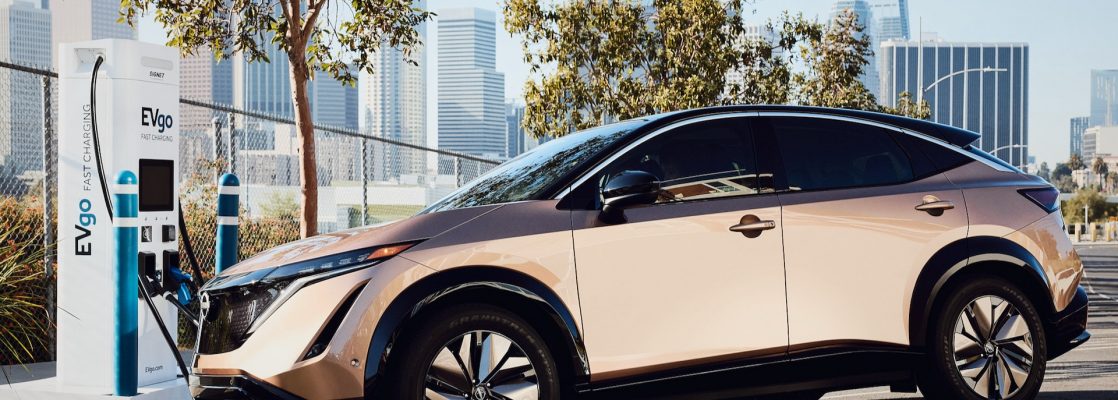
Electric vehicles (EVs) are becoming increasingly popular due to their environmental benefits and cost savings. However, one question that many EV owners have is how long their car can sit without charging. In this article, we will explore the factors that affect an EV’s battery life and provide tips to keep your battery healthy.
Factors Affecting EV Battery Life
The lifespan of an EV battery depends on several factors, including the battery chemistry, usage patterns, and environmental conditions. Lithium-ion batteries, which are commonly used in EVs, have a limited lifespan and can degrade over time. The rate of degradation depends on several factors, including the depth of discharge, temperature, and charging frequency.
Depth of Discharge: The depth of discharge (DoD) refers to the percentage of the battery’s capacity that is used. The higher the DoD, the faster the battery will degrade. It is recommended to keep the DoD below 80% to extend the battery life.
Temperature: High temperatures can accelerate the degradation of lithium-ion batteries. It is recommended to keep the battery temperature between 20°C and 25°C to maximize its lifespan.
Charging Frequency: Frequent charging can also accelerate battery degradation. It is recommended to charge the battery when it reaches 20% to 30% capacity and avoid charging it to 100% unless necessary.
Tips to Keep Your EV Battery Healthy
To keep your EV battery healthy, here are some tips to follow:
- Charge your battery regularly: It is recommended to charge your EV battery at least once a week, even if you are not using it. This will help maintain the battery’s charge level and prevent it from fully discharging.
- Store your EV in a cool, dry place: High temperatures can accelerate battery degradation, so it is important to store your EV in a cool, dry place. If you are storing your EV for an extended period, it is recommended to keep the battery level between 40% and 60%.
- Use a battery maintenance device: A battery maintenance device can help keep your EV battery healthy by maintaining the correct charge level and preventing overcharging or undercharging.
- Avoid fast charging: Fast charging can generate heat and reduce the battery’s lifespan. It is recommended to use a level 2 charger, which provides a slower, more controlled charge.
Conclusion
In conclusion, the lifespan of an EV battery depends on several factors, including the battery chemistry, usage patterns, and environmental conditions. To keep your EV battery healthy, it is important to follow the tips mentioned above, including charging your battery regularly, storing it in a cool, dry place, using a battery maintenance device, and avoiding fast charging. By following these tips, you can extend the lifespan of your EV battery and enjoy the benefits of electric driving for years to come.

